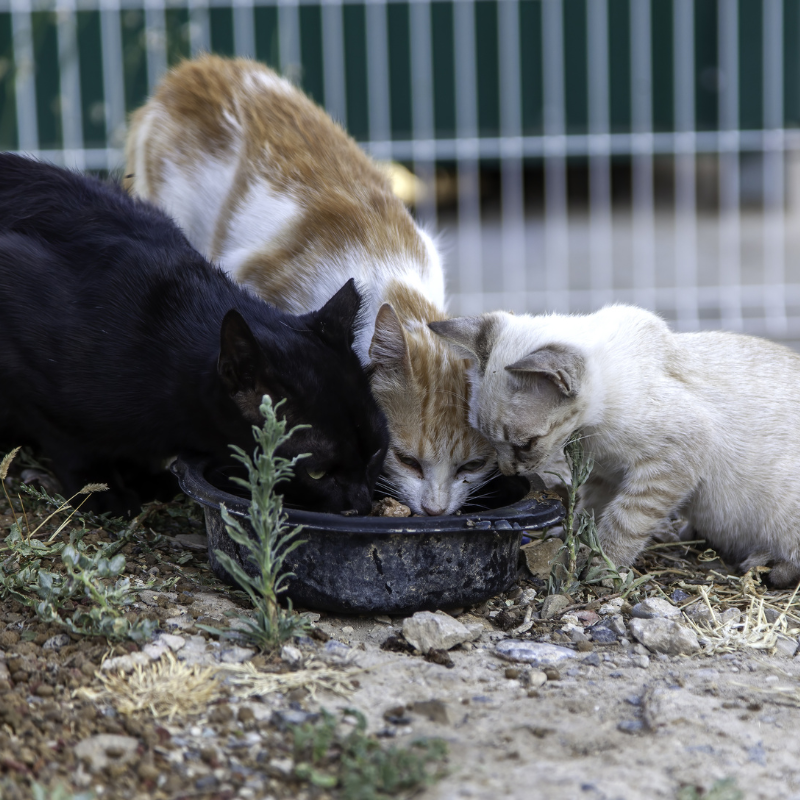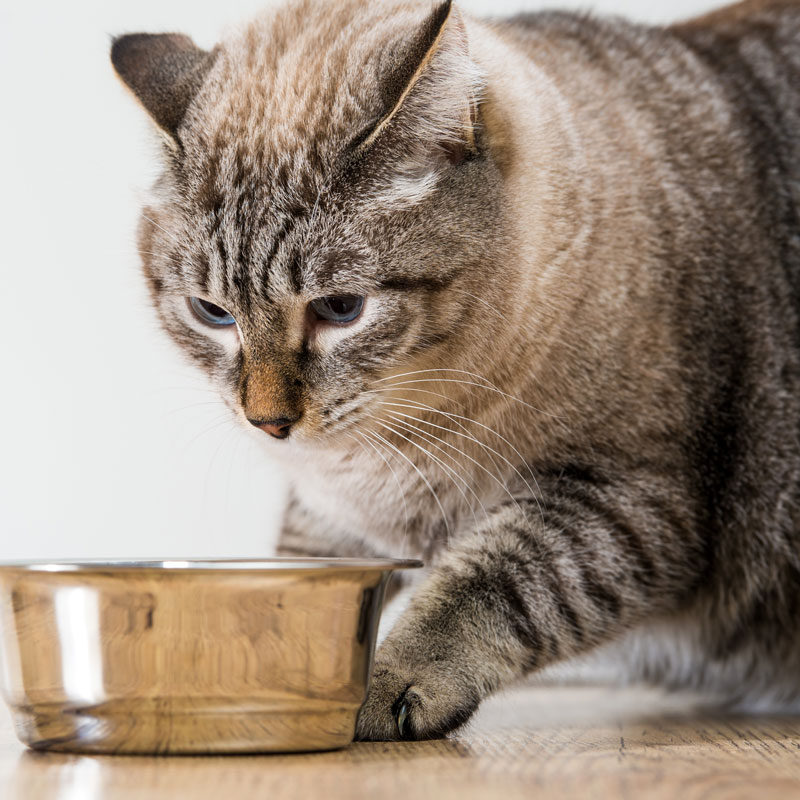
Reagan Pasternak, Author of Griffin’s Heart: Mourning Your Pet with No Apologies
May 18, 2021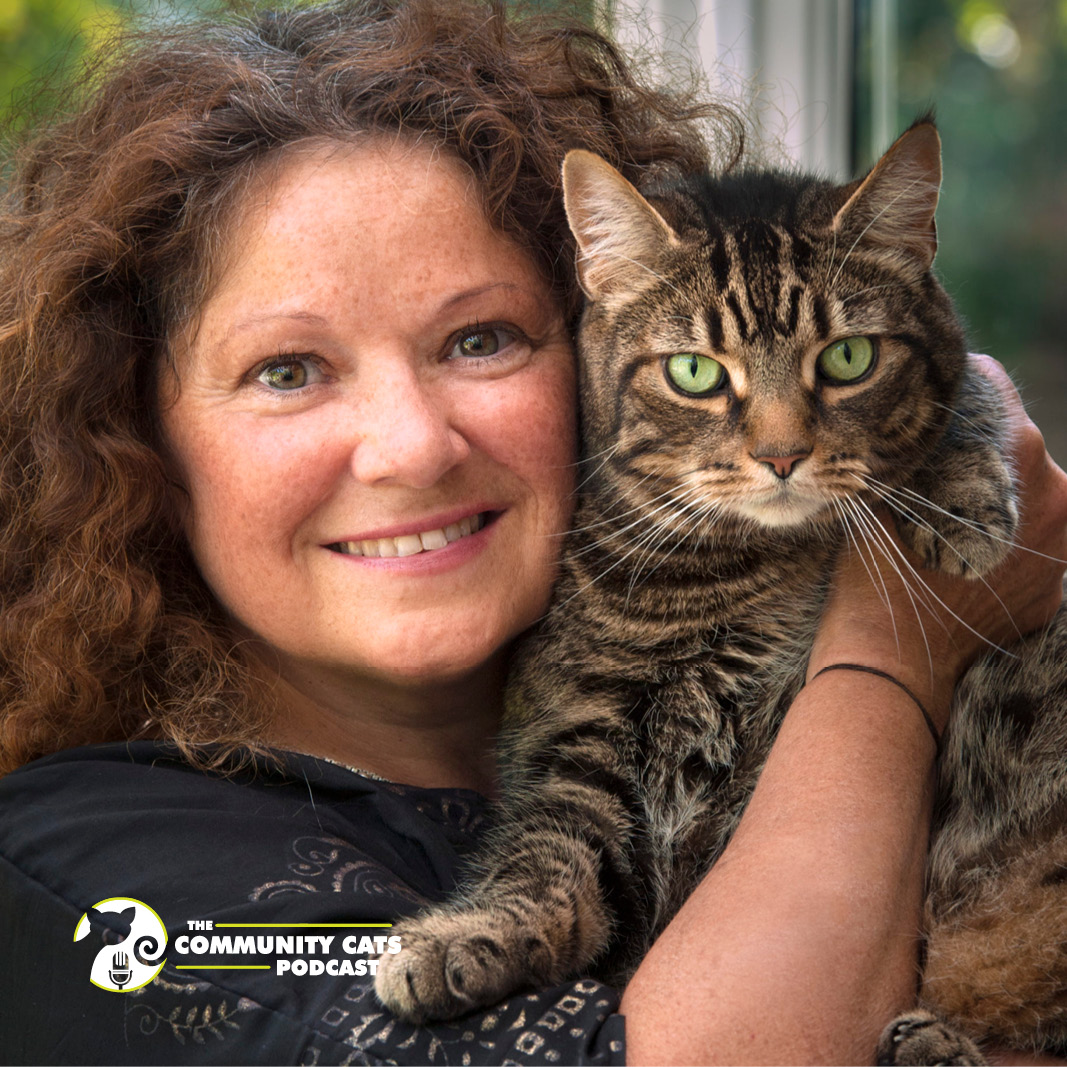
Anita Kelsey, Cat Behaviorist
May 25, 2021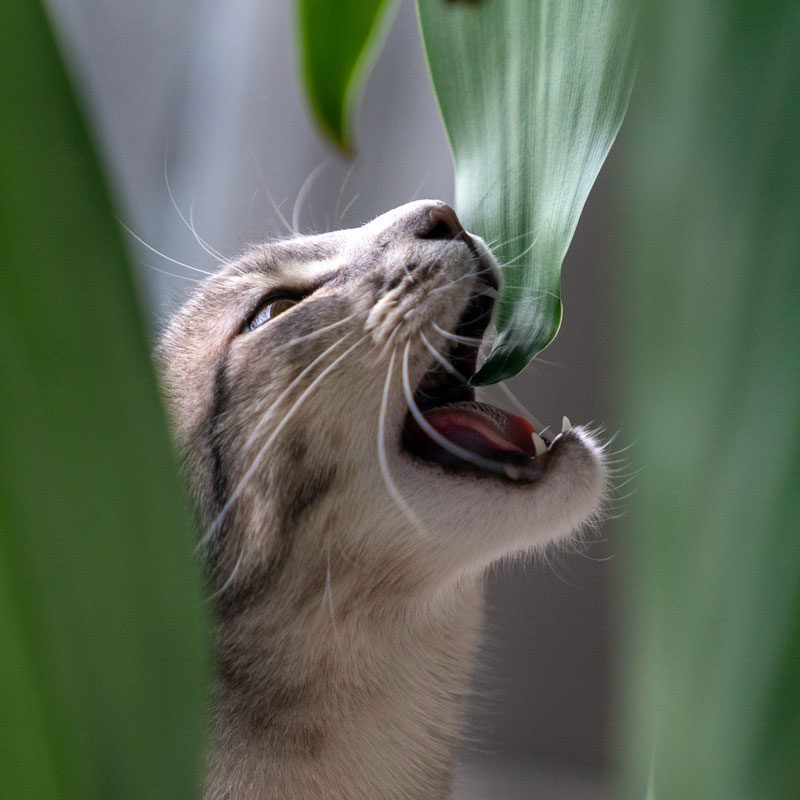
This week’s guest blog comes to us from our friends at All About Cats. Their expert-written, expert-reviewed guides bring you the facts on cat products, behavior, health, and more. Their editorial team is made of dedicated cat lovers and experts, including over a dozen veterinarians, a cat behavior specialist, and several seasoned pet writers.
We love our fluffy kitty companions so much, but they aren’t always the easiest to understand! They can certainly be curious little critters who engage in all manner of weird and wonderful behaviors, but what do some of them actually mean?
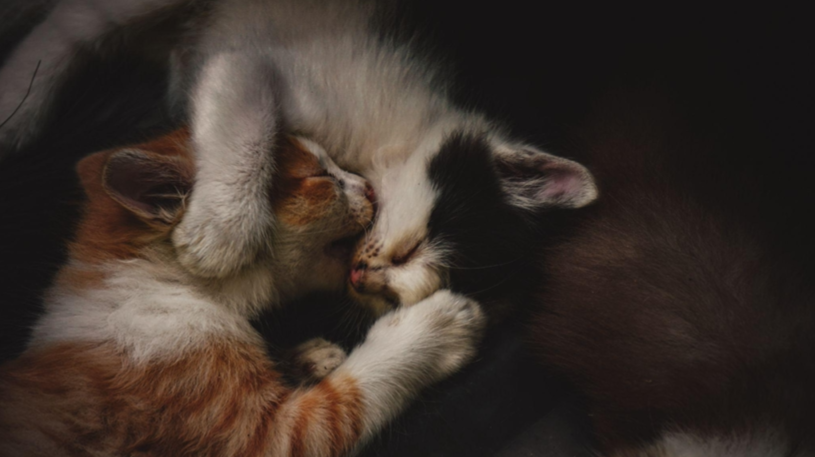
Photo by Don Hassan on Unsplash
Bumping their heads
When your cat rubs or butts you with their head (sometimes repeatedly), they are communicating a couple of things. First, it’s a sign of affection—they are saying, “I love you!” They are also marking you as their possession. A cat’s cheeks hold pheromones that they like to leave on you to let others know that you belong to them.
Bouncing off the walls
Cats can be very energetic and playful, especially kittens. They can sometimes expel this energy by jumping up and down in a frenzy, darting around like crazy, and seemingly going a little nuts! (This can also be a common reaction to catnip.)
This vigorous activity is completely normal, but it can result in injury, so it’s helpful to make sure that the areas where your cat lets off steam are as safe as possible. For instance, keep windows closed and put away anything that could easily get knocked over or fall on them. If this behavior becomes too disruptive, find some extra time to play with your kitties to wear them out—on your schedule. If you reach your wits’ end, it might be time to ask a vet for advice.
Chattering
Have you ever noticed your cat making strange, chatty noises while watching the birdies flying around outside? This unusual and super-cute sound comes from them being either excited or irritated. They are excited to see their potential prey, yet frustrated that they can’t get to it! They also sometimes make other strange sounds, like yowling, hacking, or chirping.
Napping in tight spots
Cats love nothing more than to squeeze into a tight space like a box, a cat cave, a bathroom cabinet, or dresser drawer—anywhere they feel secure and cozy. You may even find that they prefer these little spaces to the expensive, comfy pet bed you’ve bought them. This behavior traces back to their ancestors—wild cats who would have to find somewhere safely hidden to rest to avoid being attacked by predators.
Chewing strange things
Some cats have a tendency to chew on odd things, like socks, wool blankets, rubber bands, or plastic bags. This behavior can be born of boredom, illness, or anxiety. It can also happen when cats are weaned from their mothers too young and feel the urge to mimic nursing upon soft items, like blankets or stuffed animals.
Ignoring you
If your cat suddenly starts ignoring you, there’s a good chance that it’s not because of anything you did wrong. These notoriously independent animals need a little alone time every now and again. It’s best to leave your cat alone when they are behaving in this way. But don’t worry, your kitty will come and seek you out for some attention when they are done being alone!
Leaving you gifts
Cats are infamous for bringing us unwanted—and often disgusting—gifts, such as dead birds or mice! It is actually their way of saying thank you for everything that we do for them. While we are supposed to feel touched that they want to share their trophies with us, it’s best to avoid making a fuss about it. Neither scold them nor praise them; its normal behavior for them, but you also don’t want any more gifts than absolutely necessary!
Knocking things over
It can be frustrating and even startling when your cat knocks something over—pushing a picture frame over or shoving a book off a table—but it is completely normal behavior. Cats have particularly sensitive paws, and they use them to check things out. This is something that they will do with prey as well. They can also sometimes be cheeky and knock something over to gain our attention.
Again, it’s best to ignore this behavior, or you could end up reinforcing it. Perhaps put anything breakable or of value out of your kitty’s reach, though.
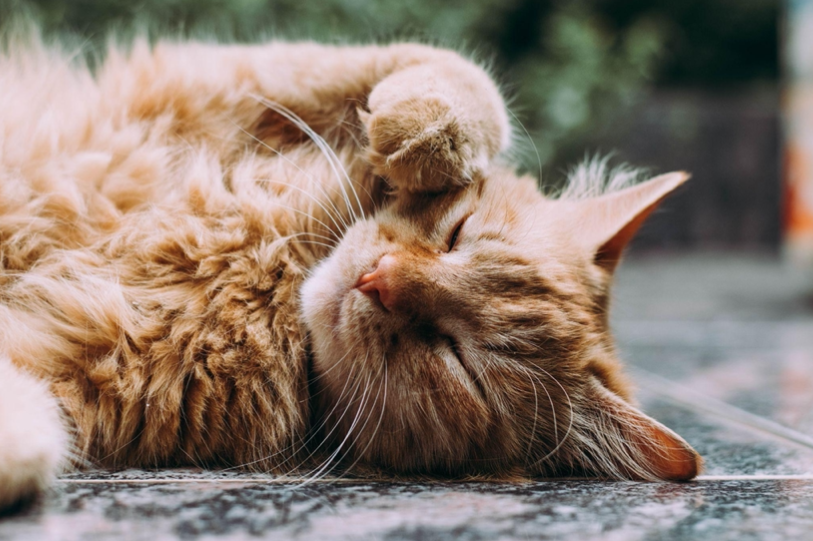
Photo by Ludemeula Fernandes on Unsplash
Kneading
The main theory as to why cats like kneading things with their paws goes back to their infant days. As kittens, they would press on their mother’s abdomen to stimulate the flow of milk. They may do it as adults because they are feeling content and relaxed. Unless your cat’s claws are particularly long, kneading shouldn’t be a big problem, but get the clippers out regularly and trim those nails down safely if need be.
You can learn all about the weird and wonderful things that make our furry friends tick by signing up for our Online Kitten Conference, which runs June 11–13, 2021! This virtual conference features presentations by experts on raising and socializing kittens, setting up and managing kitten-centered foster programs, plus plenty of information on litter box issues, enrichment, and more.


